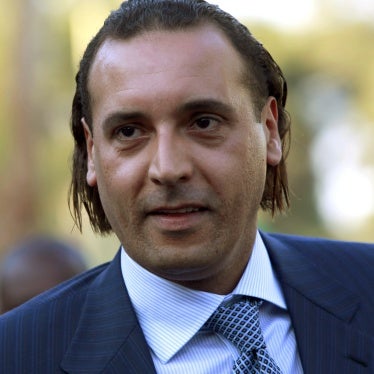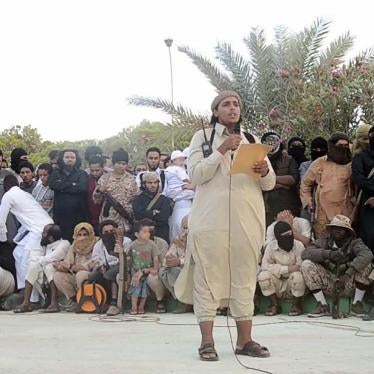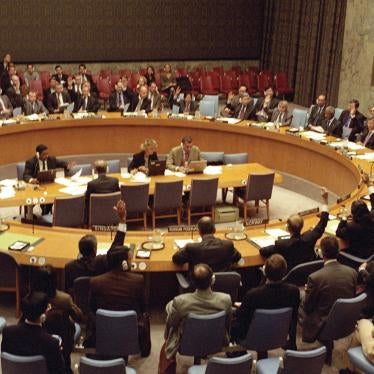His Excellency Ayatollah Sadegh Larijani
Head of the Judiciary
Islamic Republic of Iran
His Excellency Abbas Jaafari Dolatabadi
Tehran Prosecutor
Islamic Republic of Iran
Your Excellencies,
We are writing to you in connection with the status of three US citizens, Shane Bauer, Sarah Shourd and Josh Fattal, who have been detained in Iran since July 31, 2009. The three were apparently hiking through a mountainous area of Iraqi Kurdistan near the Ahmed Awa waterfall when they crossed the border into Iranian territory. They were traveling in a peaceful region of northern Iraq that is increasingly popular with Western tourists.
All three have now been in Iranian custody for over five months. According to information we have received, in this time they have not been allowed to meet with their Iranian lawyer. In addition, they have been held in solitary confinement for a significant portion of this time.
To date, according to their lawyer, none of the three has been charged with any crime, and the Judiciary has offered no explanation as to why they continue to be detained incommunicado. Human Rights Watch believes that the prolonged detention of these individuals is inconsistent with requirements laid out in Article 3 of the Law Establishing Public and Revolutionary Courts. These provisions oblige the Judiciary to end the investigative phase of a case within four months, at which point authorities should either indict or release them. In cases where the Judiciary wishes to extend the investigative phase, they are required to provide a reason for their decision. The law clearly states that detainees have the right to appeal this decision to a Revolutionary Court judge. As far as we know, none of these legal protections have been afforded to these three individuals.
In addition, to our knowledge, the three have only been granted consular visits from Swiss diplomats, representing the United States, on two occasions -September 29 and October 29. Pursuant to Article 36(a) of the Vienna Convention on Consular Relations, however, consular officers shall be free to communicate with their nationals and to have access to them. On January 6, 2010, the families of the US citizens submitted requests for visas to be able to visit Iran but to date have not been granted permission to do so.
Finally, we request that you to issue instructions allowing Masoud Shafii, the families' selected lawyer, to visit the three so that they can sign the letter of retainer empowering him to act as their lawyer. We understand that Mr. Shafii has requested that he be given access for this purpose on numerous occasions, but that authorities in Evin Prison have to date denied his request while assuring him that they would secure the necessary signatures. To date, however, Mr. Shafii has not seen any evidence indicating that the letter has been signed by his clients. These actions seem inconsistent with the letter and spirit of Article 35 of the Iranian Constitution, which entitles the accused to select a lawyer of their own choosing.
According to the Iranian Constitution, the Criminal Code of Procedure, and other laws and regulations promulgated by the Judiciary, all detainees in Iranian prisons are afforded certain fundamental rights. These include the right to family visits, regular communications with loved ones, and the ability to hire a lawyer of their own choosing. In addition, Iranian law requires that all prisoners be allowed access to proper accommodations, and that authorities limit the use of solitary confinement.
We ask that you instruct prison authorities to abide by these laws and regulations until this matter is fairly and efficiently resolved.
Sincerely,
Joe Stork
Deputy Director, Middle East Division








